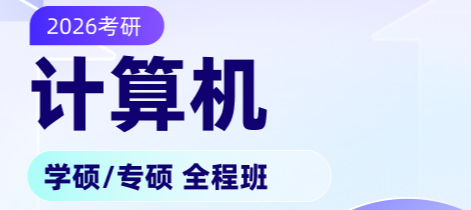1998-2022 ChinaKaoyan.com Network Studio. All Rights Reserved. 滬ICP備12018245號
2017考研英語閱讀精選:2015年人口出生率下降
Year of the Goat blamed for decline in nation’s birthrate
2015年人口出生率下降 羊年躺中槍
The Year of the Goat is the cause for a slight decline in the number of newborns in 2015 over previous year, said nation’s top health authority.
據國家最高衛生局表示,與2014年相比,2015年全國新生人口數量略有下降,原因是2015年是羊年。
China had 16.55 million babies born last year, 320,000 fewer than 2014, the Year of the Horse, according to the National Bureau of Statistics.
國家統計局數據顯示,2015年羊年有1655萬新生兒出生,與2014年馬年相比減少32萬新生人口。
China began to allow couples with one side being an only child to have a second child in late 2013, which made 11 million couples eligible.
2013年年底,中國開始允許夫妻雙方中一方是獨生子女的家庭生育二胎,1100萬夫妻符合條件。
Experts expected back then the policy would bring one million more babies compared with 2014.
當時專家預計,與2014年相比,該政策將增加100萬新生人口。
Facing the slight decrease last year, some said the policy change could hardly reverse a downward trend of the population.
鑒于去年人口出生率下降,有人認為政策變化還是很難扭轉人口減少的趨勢。
The National Health and Family Planning Commission, in response, rejected that view in an online statement issued on Wednesday.
周三,國家衛計委在網上發布聲明回應,反駁了這一觀點。
The decline is due to the Year of the Goat and the decreasing women of childbearing age, it said.
聲明表示,出生率下降是由于羊年的影響,以及生育年齡的女性數量減少。
There is an old Chinese saying "十羊九不全 (shi yang jiu bu quan)", that means nine out of 10 people born in the Year of the Goat are unlucky and will suffer from great misfortune throughout their life.
中國古諺中有“十羊九不全”的說法,意思是羊年出生的十人中有九人命不好,一生都會命途多舛。
After that the Year of the Goat, China is expected to welcome 17.5 to 21 million newborns annually in five years, it projected.
該聲明計劃,羊年過后,在5年內中國有望每年迎接1750萬至2100萬新生兒降臨。
In 2015, the number of women aged 15 to 49, deemed to be of childbearing age, fell by five million over 2014.
在2015年,15-49歲適合生育年齡的女性人口比2014年下降500萬。
The group between 20 and 29 years old, considered the reproductive prime, has declined by 1.5 million.
20-29歲,處于最佳生育年齡的女性人口下降了150萬。
來源未注明“中國考研網\考研信息網”的資訊、文章等均為轉載,本網站轉載出于傳遞更多信息之目的,并不意味著贊同其觀點或證實其內容的真實性,如涉及版權問題,請聯系本站管理員予以更改或刪除。如其他媒體、網站或個人從本網站下載使用,必須保留本網站注明的"稿件來源",并自負版權等法律責任。
來源注明“中國考研網”的文章,若需轉載請聯系管理員獲得相應許可。
聯系方式:chinakaoyankefu@163.com
- 2026考研英語全程班 寒假班
- 權威高配師資親授技巧,教研千錘百煉科學提分。直錄播課相結合精講互動二合一,專業團隊精細化作文批改。講練結合,隨學隨練穩步提升。支持試聽~
- 主講團隊:王江濤、譚劍波、董仲蠡、許聰杰、陳志超、潘赟、鄭艷彤、易熙人

掃碼關注
了解考研最新消息












